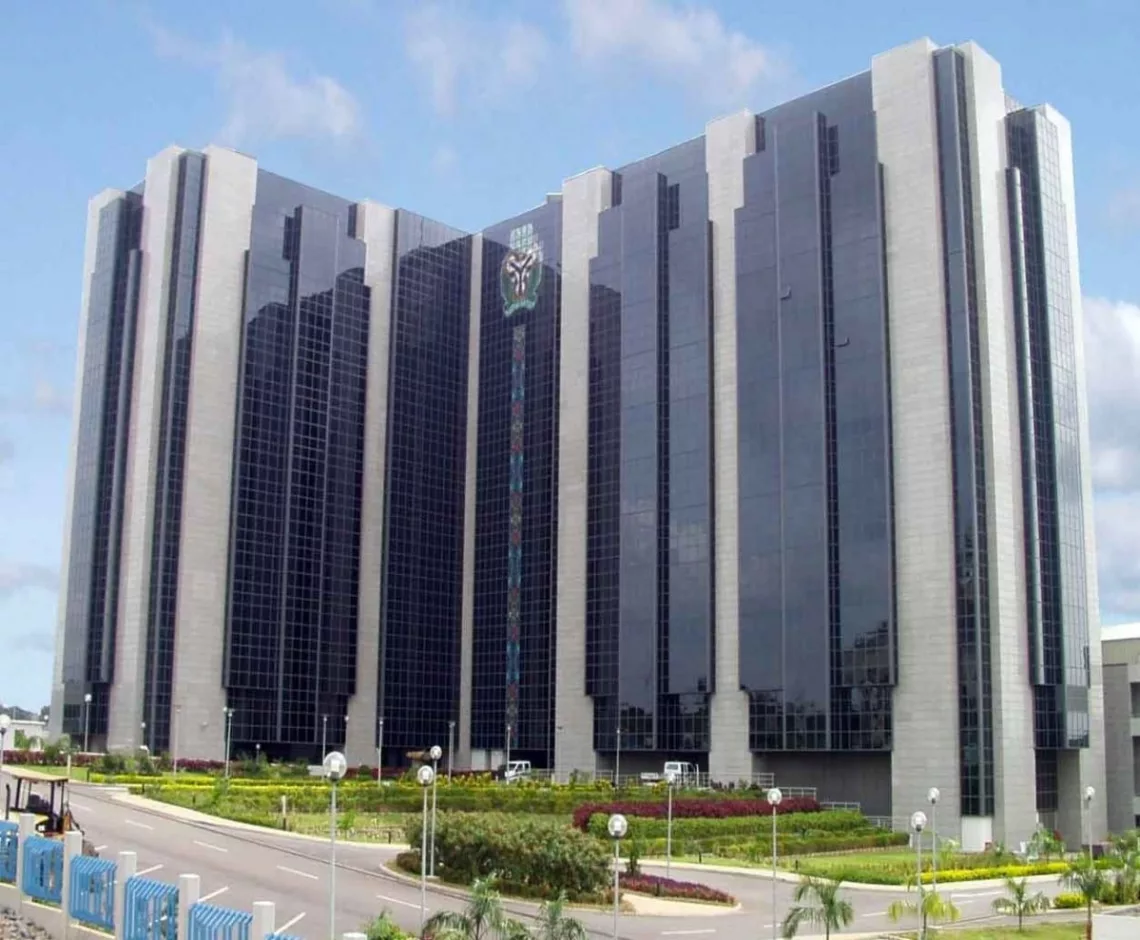In recent times, many Nigerians have lost their savings whilst they were trying to grow it. Billions of naira of individual funds which were put in the hands of “investment managers” have gone down the drain despite several warnings by regulatory authorities on investment scams. Numerous investors are falling victims to investments fraud in form of Ponzi schemes and multilevel marketing.
A Ponzi scheme is a type of investment fraud. Ponzi schemes is a pyramid scheme that operates on the basis of robbing Peter to pay Paul. Simply put, it functions by paying previous investors a promised returns from the funds received from the new investors. This is the oldest and most common type of investment fraud. According to Ayodeji Ebo, an investment professional, here are some of the warning signs to look out for to avoid Ponzi schemes include:
Unusually high investment returns. Any investment that has a guaranteed return that is significantly higher than the interest rate on fixed income instruments or any conventional investment opportunity should be cautiously examined. Investors can use the return on government’s treasury bills or corporate commercial papers as benchmark. When you are offered placements or fixed deposit at interest rate significantly higher than your bank, you should be careful and ask more questions. When doing the comparison please ensure the returns are like for like. Either monthly versus monthly or annual versus annual. For instance an investment offering 10 per cent monthly or 50 per cent bi-annually is promising 120 per cent and 100 per cent return annually respectively. Remember the adage, if it is too good to be true, it is probably is. You need to ask questions like where do you invest the funds.
Guaranteed returns. Beyond the unreasonable high returns, if an investment promises a guaranteed return outside the conventional investment like fixed income instruments, then you should be wary of these type of investment. Unless you invest directly in fixed income instruments like treasury bills commercial papers bonds or placements with banks and reputable firms, no investment should guarantee returns. It is good to know that the returns on mutual funds are not guaranteed and the Securities and Exchange Commission (SEC) prohibits this. The portfolio managers only works towards delivering an impressive return. Also the payment of the returns for fraudulent schemes are more frequent, giving out daily, weekly, monthly than the traditional investments. Greed is your greatest enemy when investing.
Unregistered investments and unlicensed firms. In most cases investment products sold by fraudulent investment outfits are not registered with the SEC. this is against the SEC rules that requires that any investment sold to the public should be registered with the agency. Also these companies are not licensed o regulated by the CBN or/and SEC. before you make any investment you can confirm their status on the CBN or SEC website as anyone starting a business can register with the corporate affairs commission. This will significantly minimize your risk of falling prey to Ponzi schemes.
Ambiguous business model. The rule of the thumb is that if you do not understand how a company generates income after five minutes of explanation, stay away from it. Most investment frauds use complex business model that confuse investors.
Pressure to reinvest or get new investors. Most Ponzi schemes cannot survive without new investors or new funds. Hence the structure will either promise existing investors a return to introduce new investors or promise to give a higher rate to prevent you from taking out your funds. The scheme breaks down when new funds stop flowing and several investors want to cash out simultaneously.
Excessive short term focus as investors understand that we cannot cheat time because short term returns are often low. Seeking exceedingly high return in the short term exposes investors to fraudulent schemes. The key to unlocking sustainable wealth is disciplined long term investing that enables risk taking on investment with a long history of performance.





